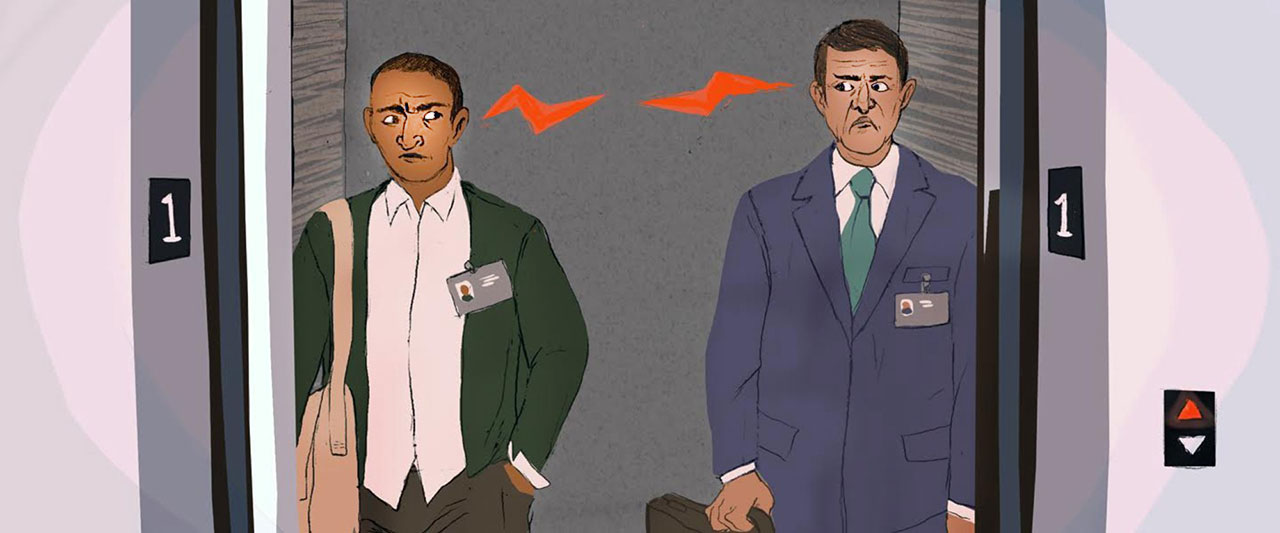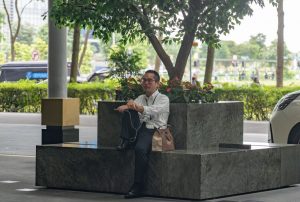Suppose I am due for a promotion and somebody 20 to 30 years my senior is occupying that position. How should my company value meritocracy and avoid being accused of discriminating older employees at the same time?
Would my senior colleague be willing to vacate the position, or would he or she take offence at being asked to step aside or down even?
This dilemma, if it becomes a nationwide trend, could widen the divide between the young and old, as pointed out by Prof Chan Heng Chee, ambassador-at-large, at Monday’s Singapore Perspectives conference organised by the Institute of Policy Studies (IPS).
The cause of concern fundamentally stems from the assumption that senior workers still harbour career aspirations and are unwilling to let go of what they already have, especially if they are in a comfortable well-paying position.
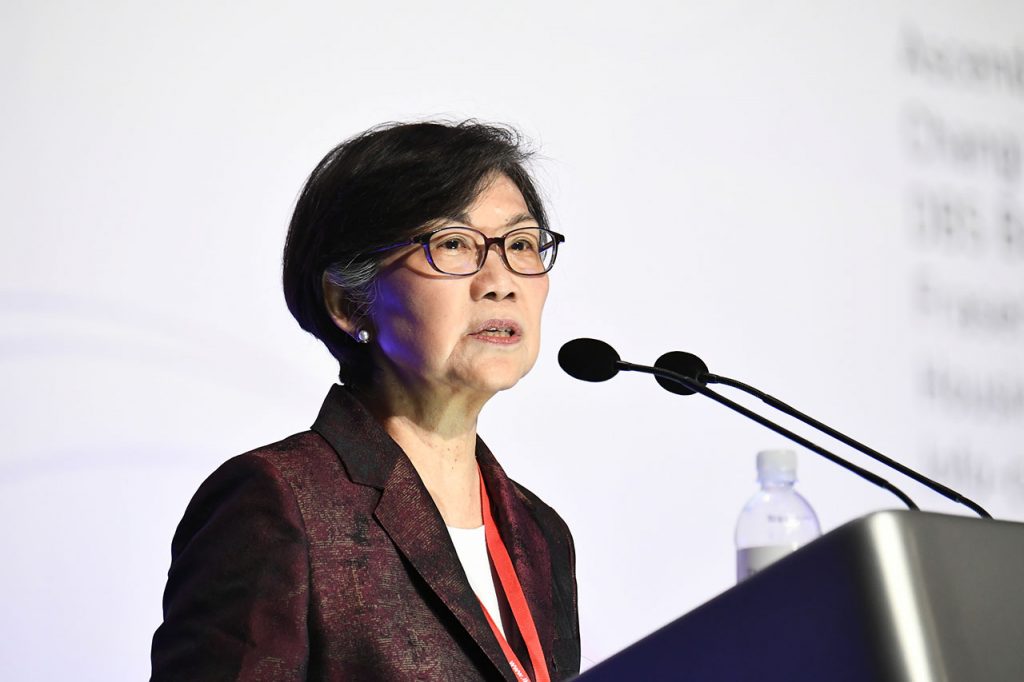
Amongst the flurry of questions raised by the more senior members of the audience concerned about the state of their welfare, it introduced some balance to the ongoing discussion on how the elderly should be looked after.
In response to the student’s question, Prof Chan said that the government has been “very mindful” about technology potentially taking away the allocation of jobs for young people for the sake of keeping old people employed.
But in the spirit of building a more inclusive and compassionate society, perhaps the elderly should also be realistic about their expectations of how they should be treated in their old age.
While it would be considered discriminatory if capable older employees were let go in favour of cheaper, younger workers, it would also be unfair if younger workers had their career and personal development stunted simply because older employees above them were unwilling to budge.
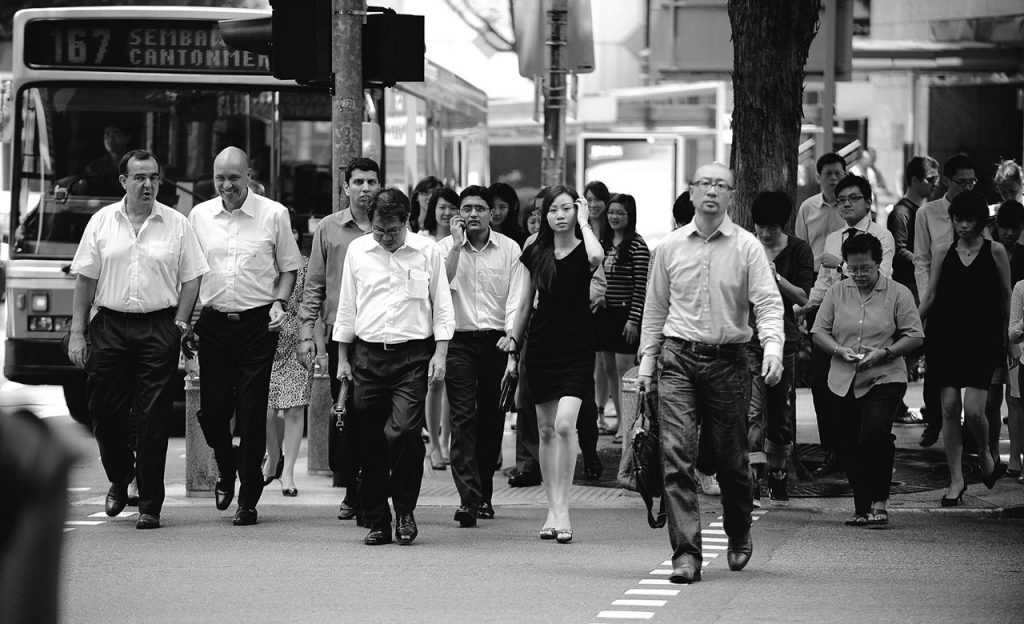
In truth, our generation stands to lose the most as we grow older. A declining fertility rate and further tightening of immigration laws would only lead to a shrinking of the country’s workforce in the next few decades, leading to much of the economic burden falling on the shoulders of our generation, the new bulk of the labour force.
Tax increases are also likely to be a constant for decades to come, to generate a constant supply of revenue that will fund policies to look after the elderly. Just yesterday, Senior Minister of State for Law and Finance Indranee Rajah pre-empted that healthcare expenditure to support seniors would be a “big item” in the upcoming Budget on Feb 19.
A situation where rising taxes for the welfare of the baby boomers and Generation X is not met equally with an increase in wages would most certainly fuel discontent among my generation and the next. We shouldn’t be scraping hard at the bottom of the food chain so that our seniors could retire in condominiums instead of nursing homes.
Furthermore, what would be the point of meritocracy – a cornerstone of Singapore’s society and economy – if the interests of the elderly stand in the way of personal and career growth.
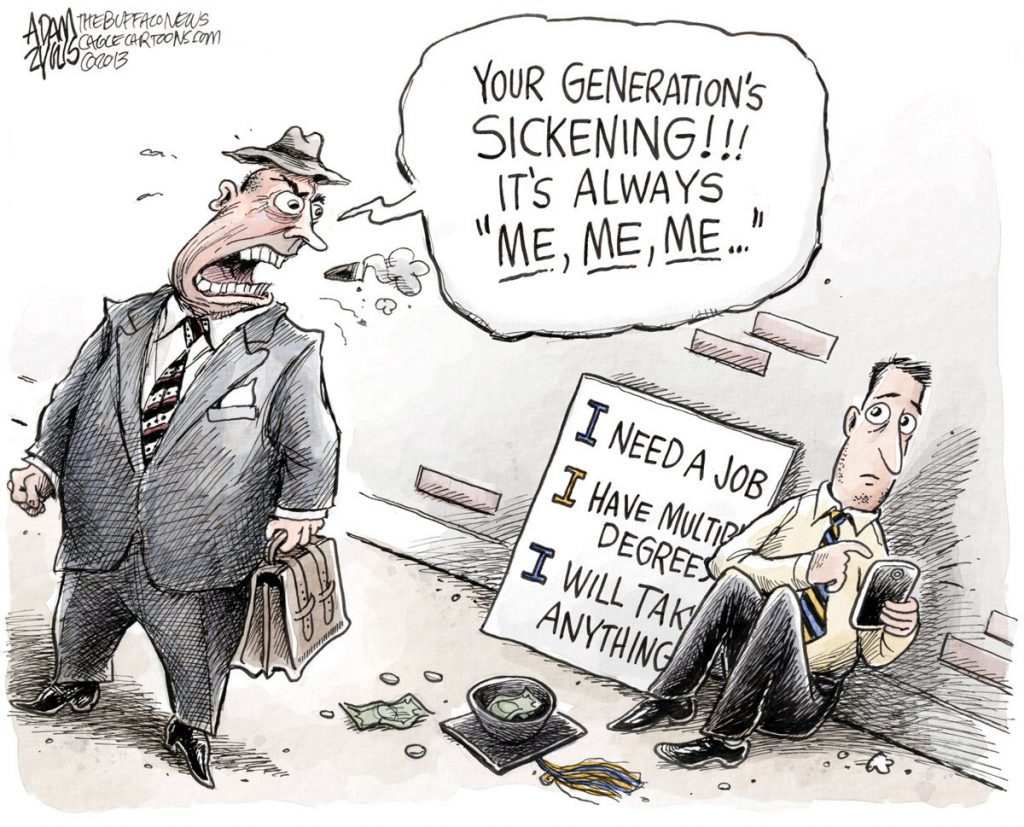
This has led to the undesirable outcome in which the country “is holding back and marginalising its youth, at a time when it actually needs them to help create the new products, companies and industries that a mature economy requires to grow”.
“There is a feeling among young generations that no matter how hard we try, we can’t get ahead,” writes Japanese careers consultant Shigeyuki Jo in his book The Truth of Intergenerational Inequalities. “Every avenue seems to be blocked, like we’re butting our heads against a wall.”
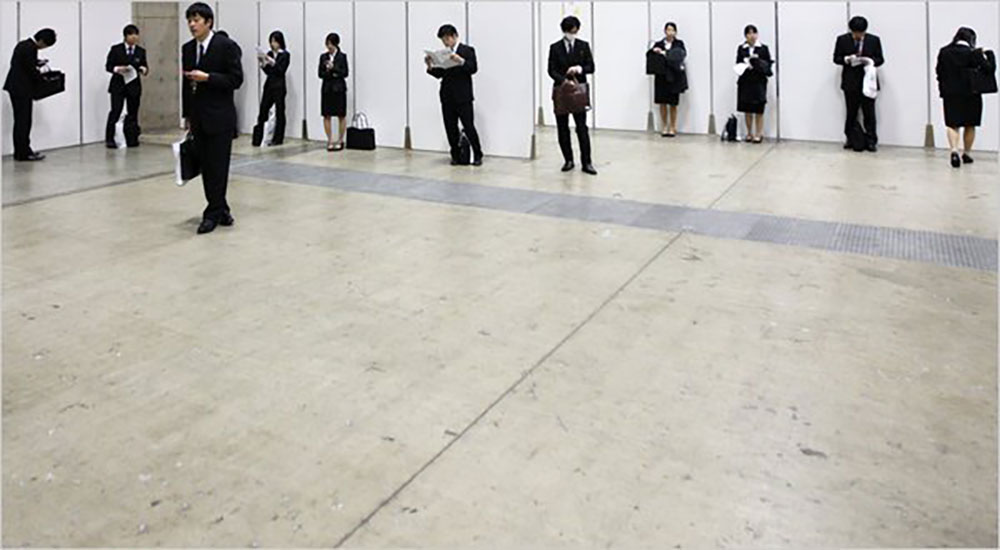
Yet here we are still struggling to find the right balance between grooming a more dynamic workforce and helping seniors retire.
Majority of Singaporeans may believe that the responsibility of looking after older people lies with their family and the Government, according to an IPS poll. But even so, seniors should realise that the world doesn’t revolve around them.
If societal attitudes do not shift, then we can only hope that the machines would rise to do the jobs that we do not want to do, and help us change grandpa’s diapers. Or perhaps, human cloning could soon become a reality, and we could easily build our workforce.

